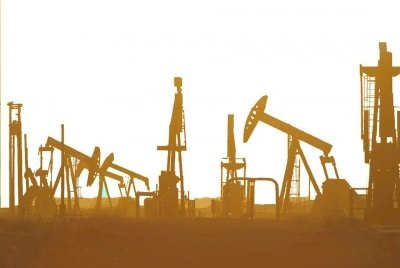New York, June 11 (IANS) Researchers have found that living in close proximity to oil and gas operations may increase the risk of preterm birth.
For the findings, published in the journal ‘Environmental Epidemiology’, the research team examined 225,000 births from mothers who lived within about six miles of oil and gas wells in the San Joaquin Valley from 1998 to 2011.
The results show that women who lived near wells in the first and second trimesters were eight to 14 per cent more likely to experience a spontaneous preterm birth – one that would otherwise be unexplained – at 20 to 31 weeks.
“There’s some evidence that environmental exposures increase risk of preterm birth, but this particular exposure — oil and gas — has received very little attention in California, despite having millions of people living in close proximity to wells,” said study lead author David Gonzalez from Stanford University.
“We’re getting a sense that this does potentially have an adverse effect on health outcomes of pregnancy,” Gonzalez added.
The researchers investigated a potential link between residential proximity to oil and gas operations and spontaneous preterm birth in California. The analyses focused on how exposure to wells may affect spontaneous preterm births.
Of about 225,000 birth outcomes analysed over a 13-year period, the findings showed that 28,000 were spontaneous preterm births.
The researchers only analysed wells that were active or in the preproduction stage – when the wells were being constructed – since those are expected to have the most emissions. The analyses included about 83,000 wells, 12,000 of which were in preproduction. They included mothers living within six miles of a well into their analyses of the highest risk of exposure.
The researchers also hope to further explore why living near a well could be associated with a spontaneous preterm birth. Residents near wells may be exposed to a range of environmental contaminants and stressors.
For example, they could be breathing in chemicals used in extraction, experiencing stress from drilling noise, drinking contaminated water or breathing in higher levels of particulate matter in the air around such sites.
“We don’t understand what causes preterm birth, but we understand that certain factors increase your risk, and environmental exposures are among those factors,” Gonzalez said.
–IANS
bu/arm
